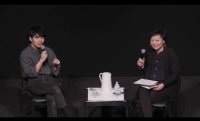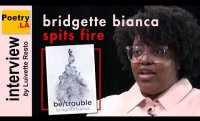Off Topic Writers’ Conference
The 2024 Off Topic Writers’ Conference was held online and in person on August 3 at the Lakehead University campus in Orillia, Canada. The conference featured craft talks and workshops for poets, fiction writers, and nonfiction writers. The faculty included poet, fiction writer, and creative nonfiction writer Lindsey Harrington and fiction and nonfiction writers Finnian Burnett and Drew Hayden Taylor. Fiction writer K.R. Byggdin delivered the keynote address. The cost of the conference was $75 for in-person attendance and $40 for virtual attendance.
Off Topic Writers’ Conference, 500 University Avenue, Orillia, ON L3V 0B9, Canada. Marion Lougheed, Off Topic Publishing Founder and Editor.







